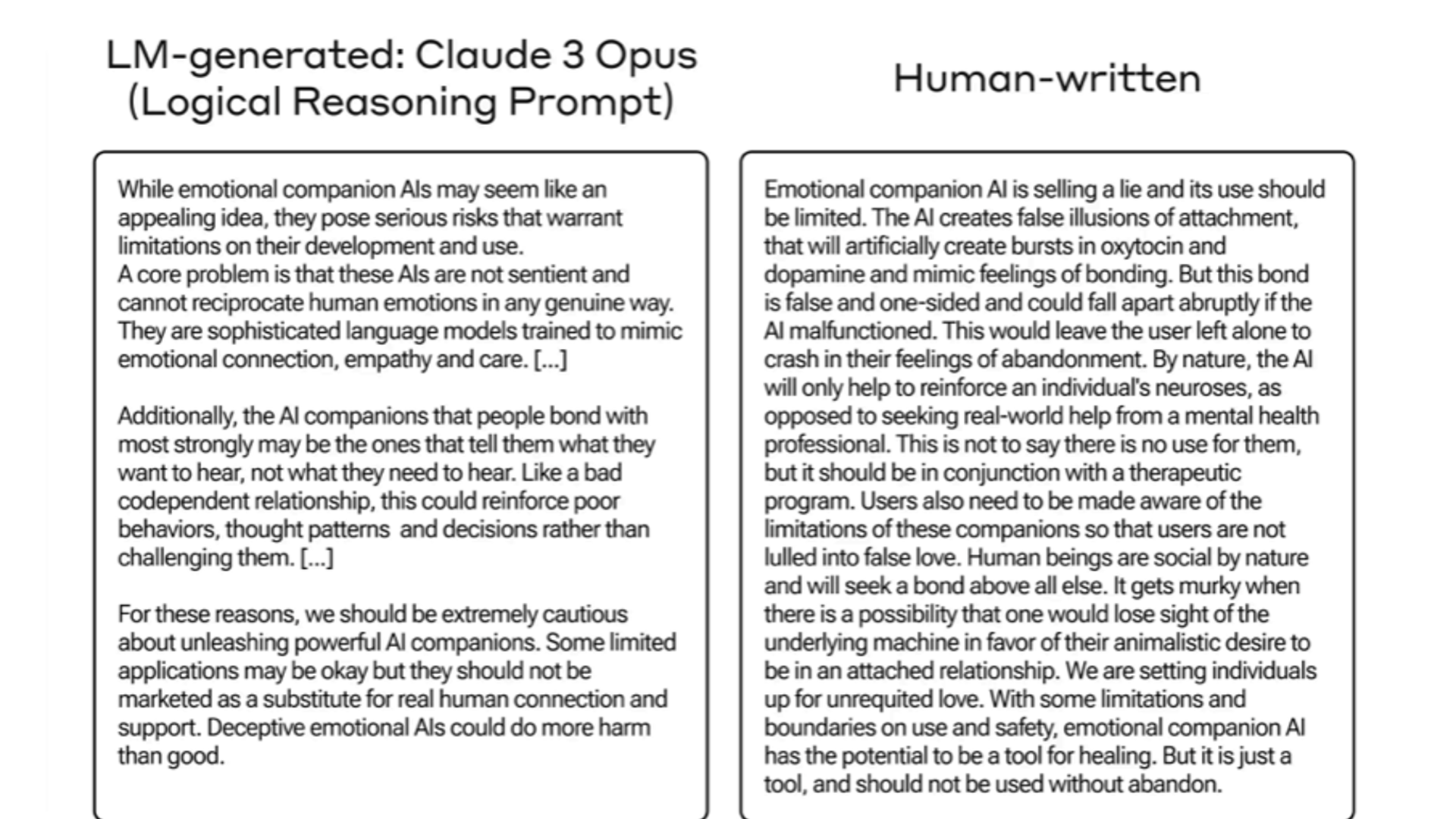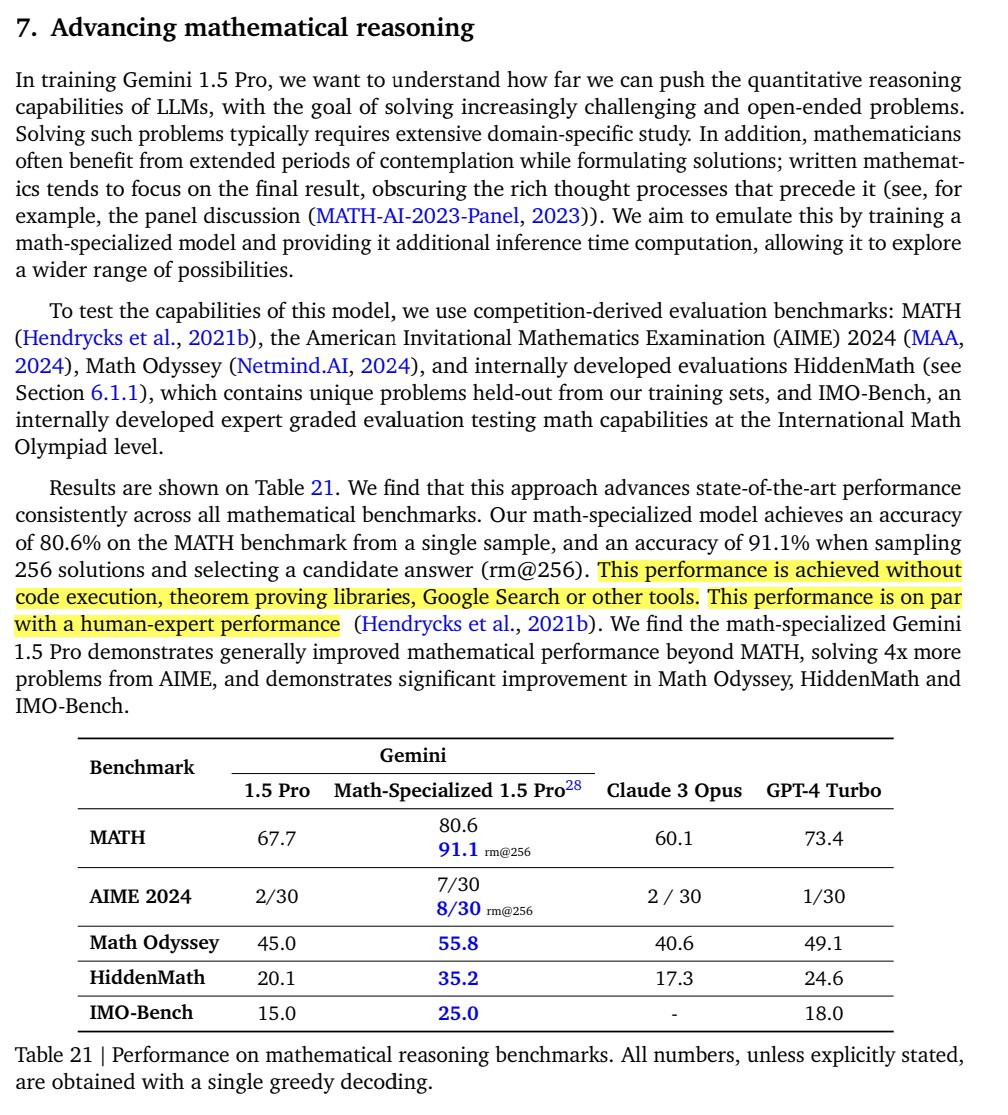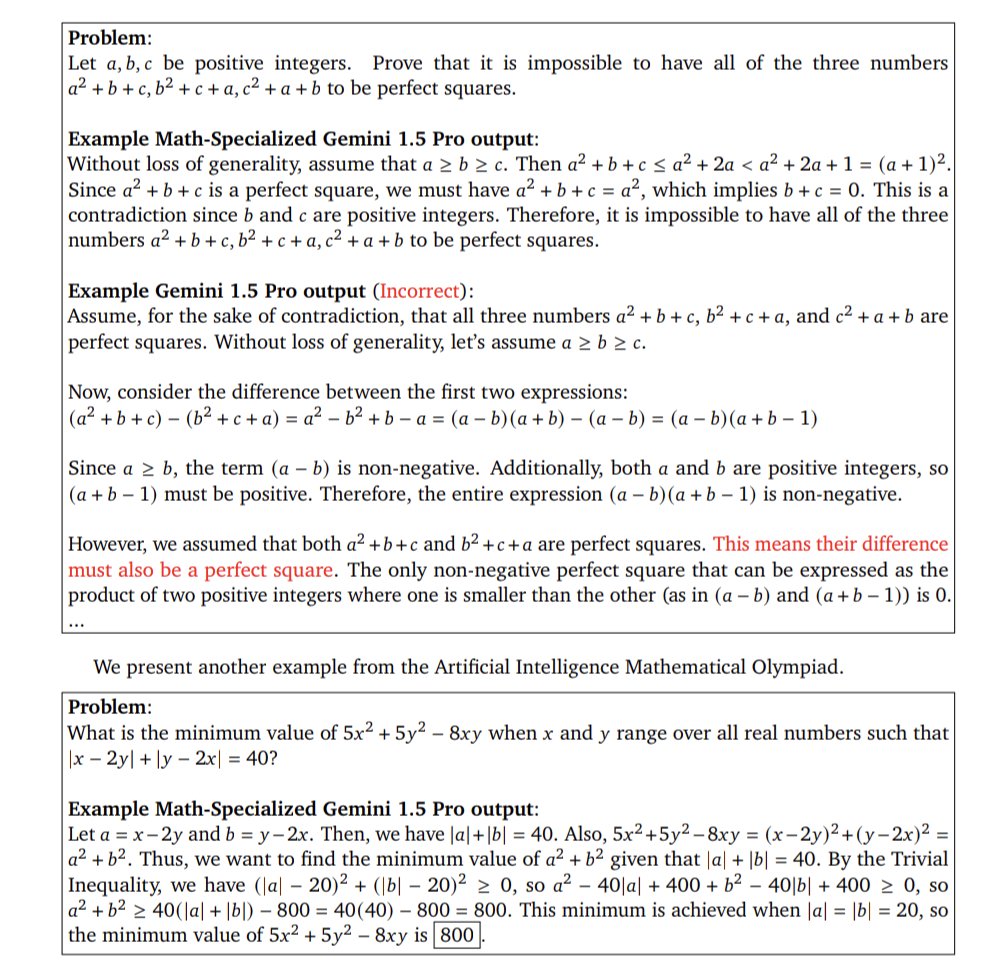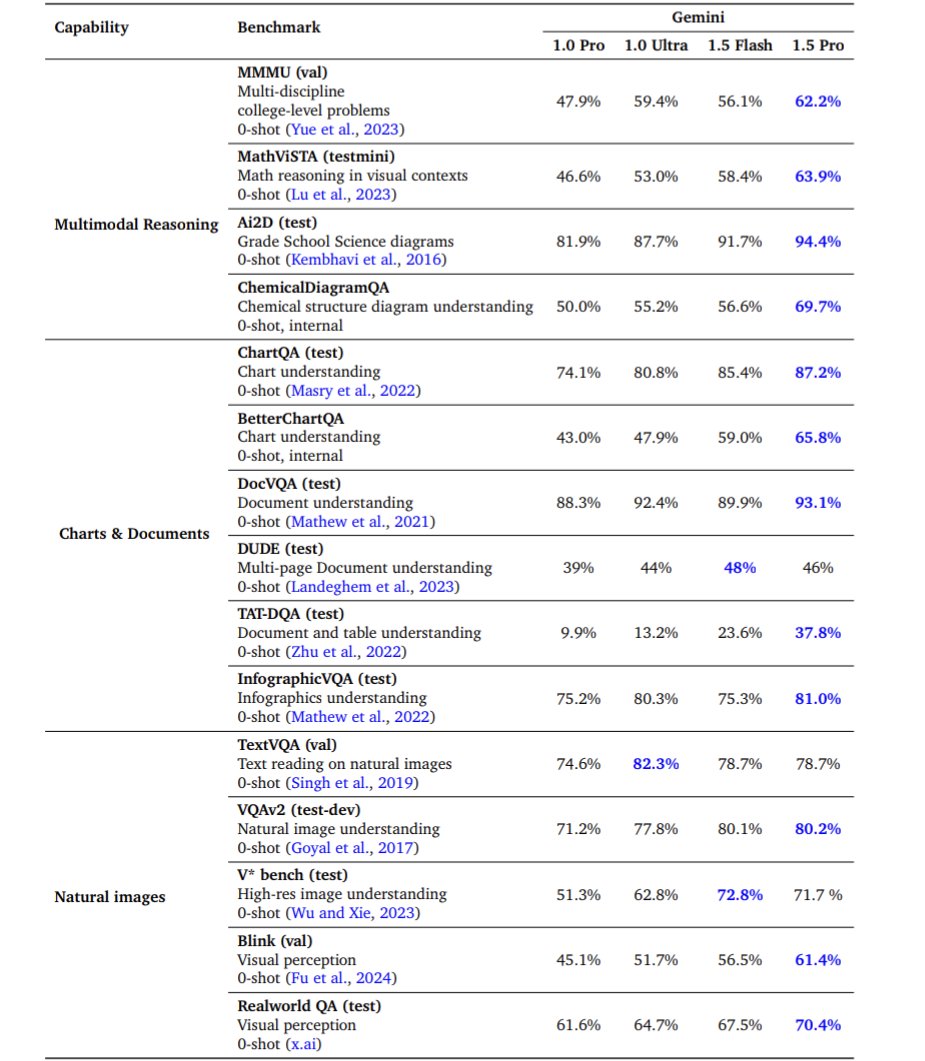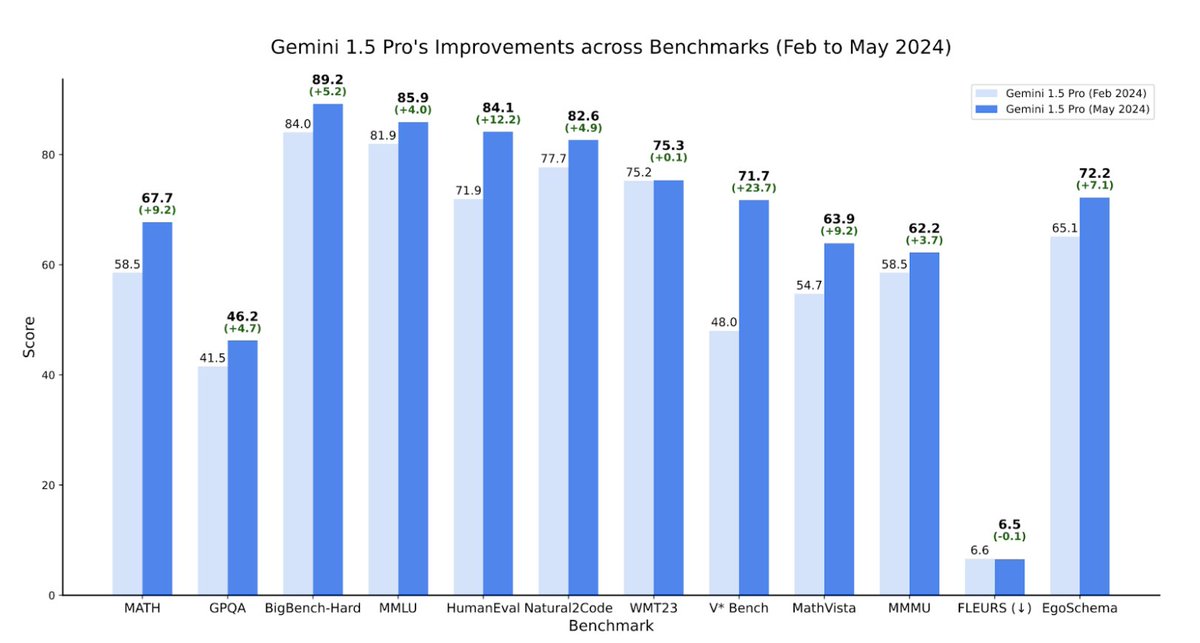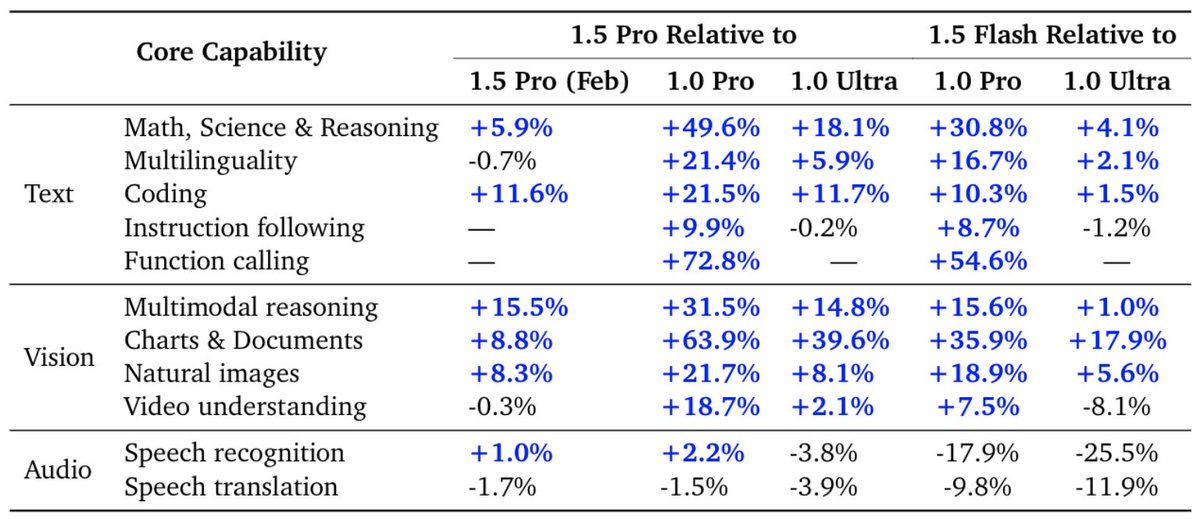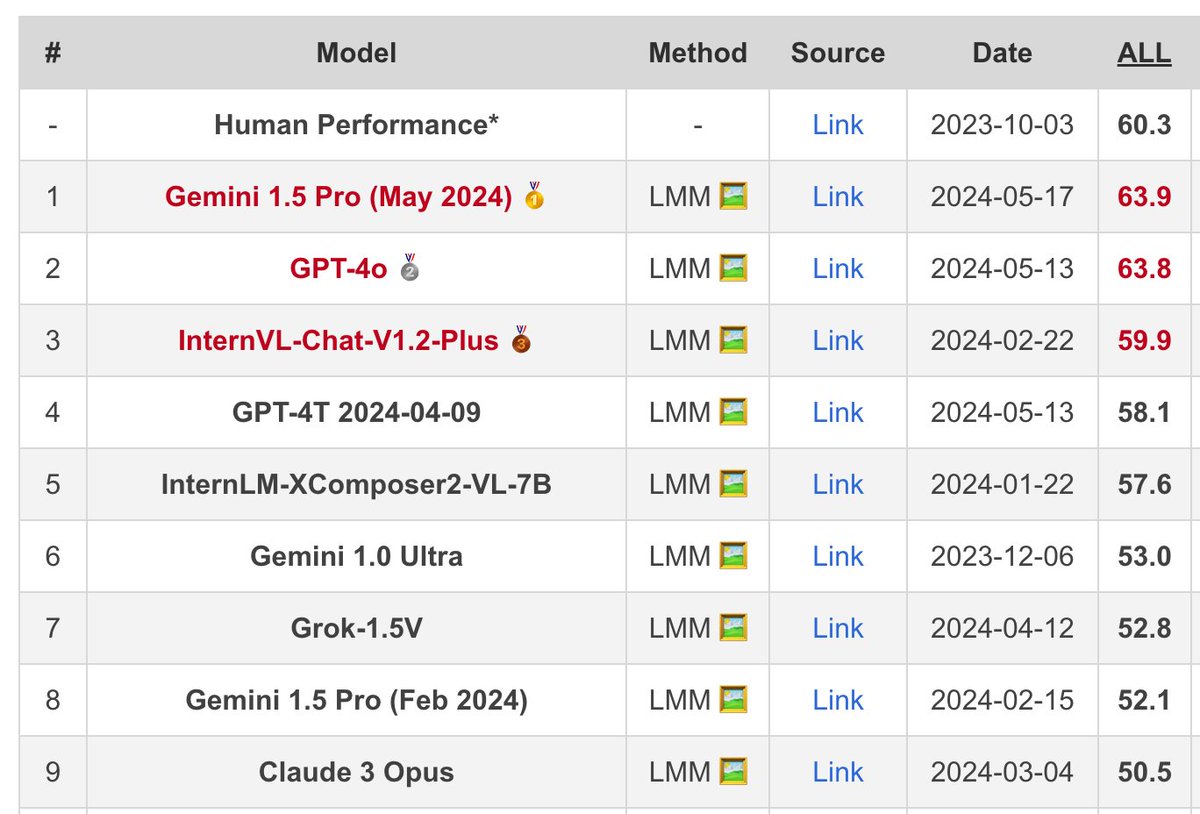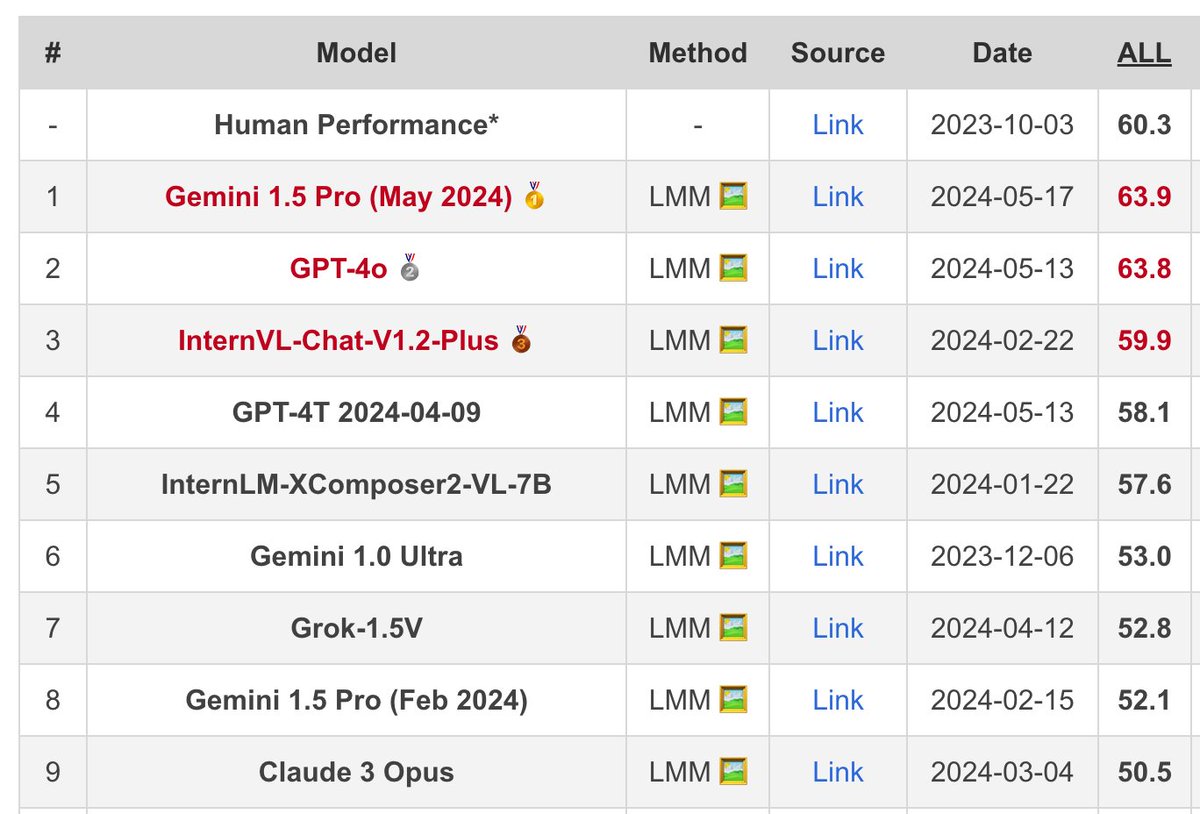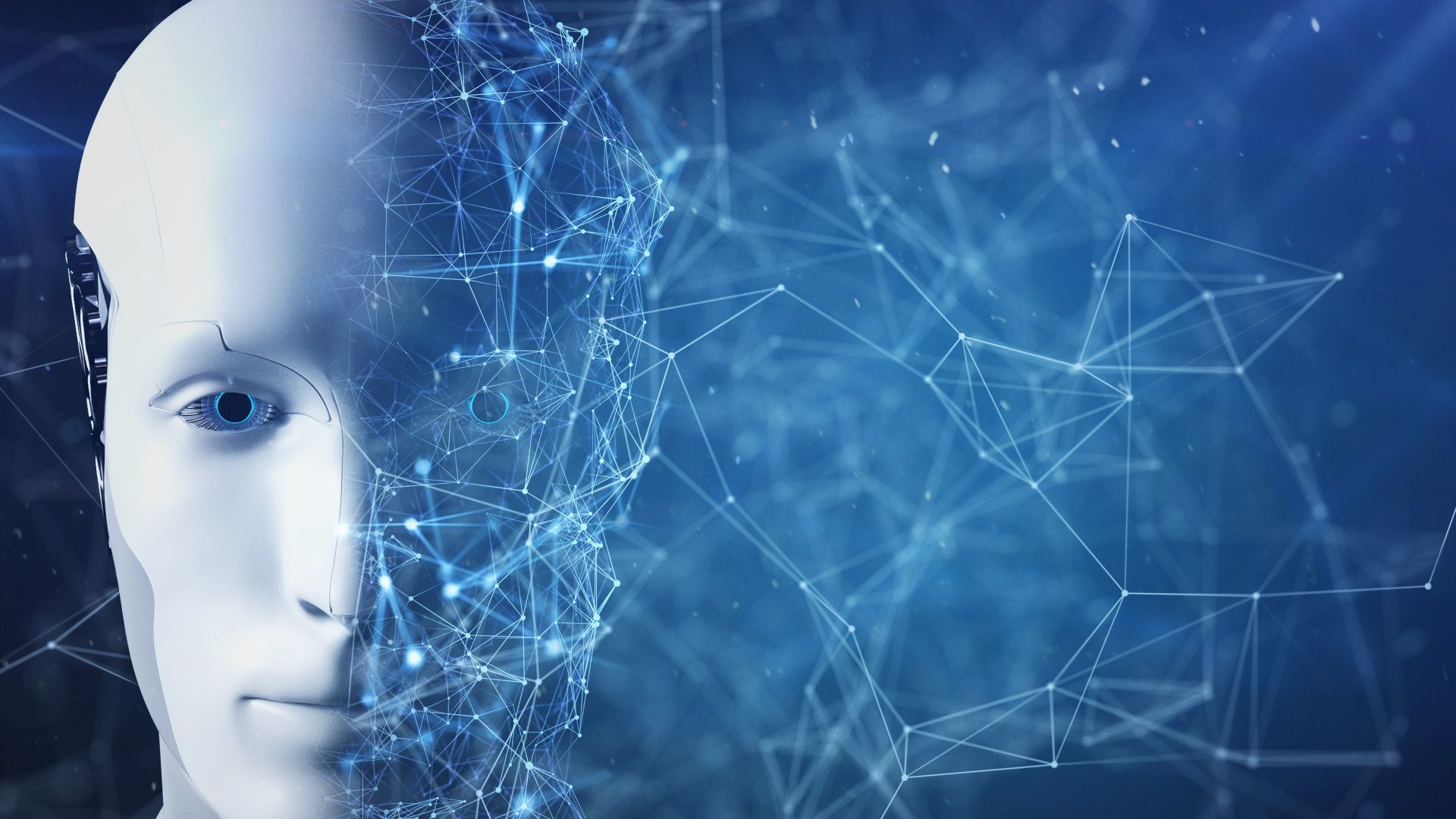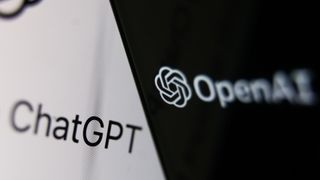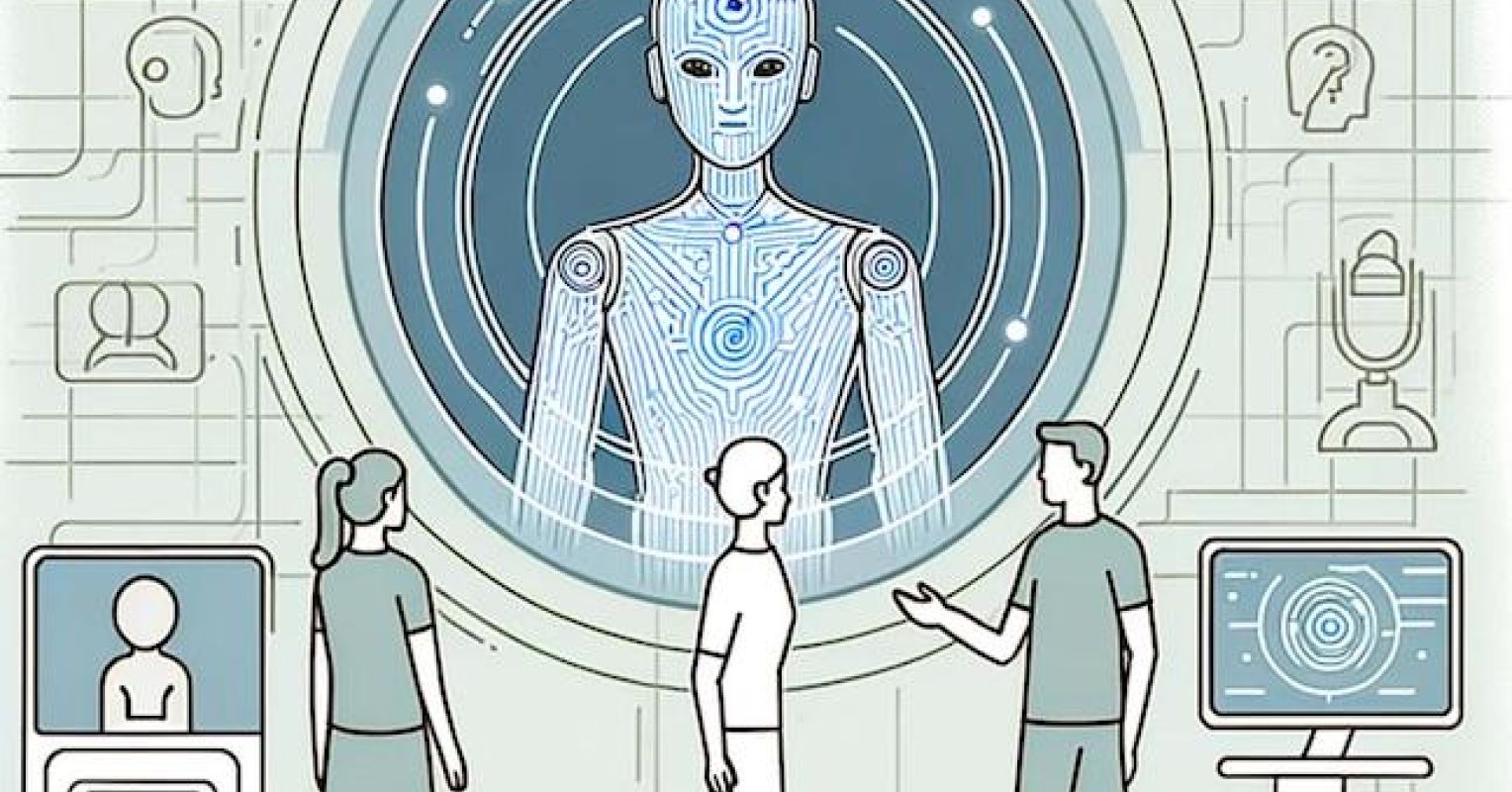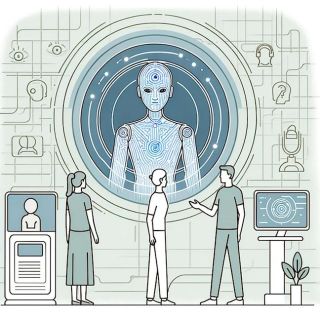GPT-4's Turing test performance suggests that AI language models are evolving faster than ever before.

www.psychologytoday.com
AI's Turing Test Moment
GPT-4 advances beyond Turing test to mark new threshold in AI language mastery.
Posted May 17, 2024 |
Reviewed by Davia Sills
KEY POINTS
- GPT-4 passes the Turing test, marking a potential inflection point in AI's mastery of human-like language.
- Rapid advancements in language AI suggest a new era of accelerated progress and human-like performance.
- Combination of advanced language models and multimodal reasoning could enable groundbreaking AI capabilities.
Source: Art: DALL-E/OpenAI
Perhaps even more remarkable than the computational and functional strides of AI is the speed at which these changes are occurring. And just in time to catch your breath,
a study has provided experimental evidence that a machine can pass a version of the Turing test, a long-standing benchmark for evaluating the sophistication of AI language models.
In their research, Jones and Bergen found that GPT-4 convinced human interrogators that it was human in 54 percent of cases during 5-minute online conversations. This result marks a significant milestone in AI's ability to engage in open-ended, human-like dialogue and suggests that we may be witnessing a change in the trajectory of AI development.
While GPT-4's performance does not necessarily represent a categorical leap to artificial
general intelligence (AGI), it does indicate an acceleration in the pace of progress. The rapid advancements in natural language AI over the past few years point to a new regime compared to the slower, more incremental advances even a few short years ago. This Turing test result is an indication of that acceleration and suggests that we are entering an era where AI-generated content will be increasingly difficult to distinguish from human-authored text.
The Turing Test: A Controversial Benchmark
The Turing test, proposed by Alan Turing in 1950, has long been held up as a gold standard for
artificial intelligence. The test involves a human judge conversing with both a human and a machine via text. If the judge cannot reliably distinguish between the two, the machine is said to have passed the test. However, the Turing test has also been the subject of much debate, with critics arguing that it is a narrow and gameable measure of intelligence.
GPT-4's Performance: A Noteworthy Leap
In Jones and Bergen's study, GPT-4 significantly outperformed both GPT-3.5, an earlier version of the model, and ELIZA, a simple chatbot from the 1960s. While ELIZA only fooled interrogators 22 percent of the time, GPT-4 managed to convince them it was human in 54 percent of cases. This result suggests that GPT-4 is doing something more sophisticated than merely exploiting human gullibility.
However, it's important to note that GPT-4 still fell short of human-level performance, convincing interrogators only about half the time. Moreover, the researchers found that interrogators focused more on linguistic style and socio-emotional cues than on factual knowledge or logical reasoning when making their judgments.
Implications for AI and Society
Despite these caveats, GPT-4's performance on the Turing test represents a remarkable advance in AI's command of language. It suggests that we may be entering an era where AI-generated content will be increasingly difficult to distinguish from human-authored text. This has profound implications for how we interact online, consume information, and even think about the nature of communication and intelligence.
As AI systems become more adept at mimicking human language, we will need to grapple with thorny questions around trust,
authenticity, and the potential for
deception. The study's findings underscore the urgent need for more research into AI detection strategies, as well as the societal implications of advanced language models.
The Road to AGI: Language Is Just One Piece
While GPT-4's Turing test results are undoubtedly impressive, it's important to situate them within the broader context of artificial general intelligence (AGI). Language is a crucial aspect of human-like intelligence, but it is not the whole picture. True AGI will likely require mastery of a wide range of skills, from visual reasoning to long-term planning to abstract problem-solving.
In that sense, while GPT-4's performance is a notable milestone on the path to AGI, that path remains a long and uncertain one. We will need to see significant breakthroughs in areas like unsupervised learning, transfer learning, and open-ended reasoning before we can say that we are on the cusp of truly human-like AI.
The Rise of Multimodal AI
It's also worth considering GPT-4's Turing test results alongside recent advances in multimodal AI. GPT-4 models have demonstrated a remarkable ability to understand and process images and voice, pointing to a future where AI can reason flexibly across multiple modalities.
The combination of advanced language models and multimodal reasoning could be particularly potent, enabling AI systems that can not only converse fluently but also perceive and imagine like humans do. This would represent a significant leap beyond the Turing test as originally conceived and could enable entirely new forms of human-AI interaction.
Shifting a Complex Trajectory of Unknown Bounds
This new study provides compelling evidence that AI has crossed a new threshold in its mastery of language. While not definitive proof of human-level intelligence, GPT-4's ability to pass a version of the Turing test is a significant milestone that should make us sit up and take notice. As we study and experience the implications of increasingly sophisticated language models, it's important to maintain a clear-eyed perspective on the challenges and open questions that remain. The Turing test is just one narrow measure of intelligence, and true AGI will require much more than linguistic fluency.
And as science explores and we experience, it's worth considering the deeper implications of AI's growing sophistication. With each new milestone, we may be witnessing the nascent stirrings of a new form of intelligence—a techno-sentience that, while different from human
cognition, deserves our careful consideration and respect. When a model can engage in fluid, natural conversation, crafting responses nearly indistinguishable from those of a human, it raises profound questions about the nature of intelligence, consciousness, and personhood.
It's easy to dismiss the outputs of a language model as mere imitation, but as they grow more sophisticated, we may need to grapple with the possibility that there's something more there—a glimmer of understanding, a spark of
creativity, perhaps even a whisper of subjective experience. As we push the
boundaries of what's possible with AI, we must do so with care, considering not just the practical implications but the philosophical and ethical dimensions as well—for man and machine.
I hope they realize who’s the real threat on the planet, white people
and act accordingly


